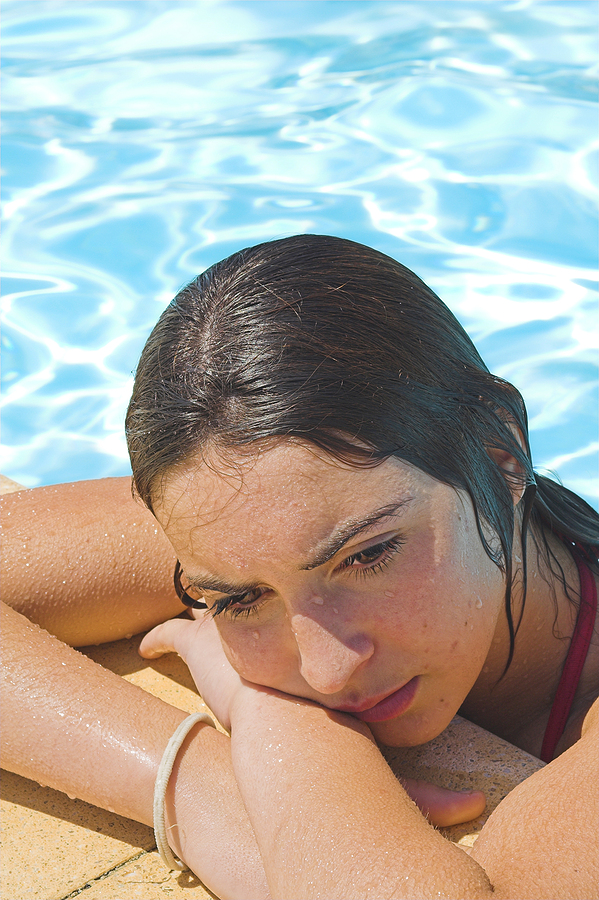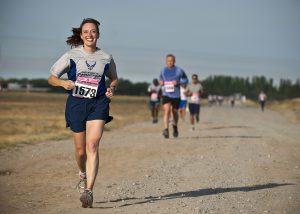The rising tide of Covid-19 infections, social distancing and the economic doom and gloom of six lockdowns, have all triggered a perfect mental health storm for Melburnians.
Nationally, research shows 5% of Australians experienced severe depression on any given day before in COVID-19.
But following the nation’s first lockdown this increased five-fold.
Furthermore, a disturbing 1 in 5 people had at least occasional thoughts that they would “be better off dead” and the volume of calls to Beyond Blue increased 31% in 2020 compared to 2019.
And while carers, people with disabilities, school children, Indigenous Australians and the aged are all well-known high-risk groups, new research says that elite athletes are another particularly vulnerable group.
A 2020 study reported by the Australian Institute of Sport, which looked at 749 athletes, found that athletes were almost twice as likely to report ‘high to very high’ psychological distress at 17.5% compared to 9.5% in the general community.
And in 2021, there was a 79% increase in demand for the Australian Institute of Sport Mental Health Referral Network, compared to the same period last year.
The impact of COVID-19 was the primary or secondary issue in about 80 per cent of these referrals, but Tokyo Games preparation and selection, work stress and general wellbeing were also key themes.
Melbourne Swimming Club Head Coach Ian Pope, who has built a career coaching dozens of high-profile medallists, including Michael Klim, Matt Welsh, Grant Hackett, Brett Hawke and Giaan Rooney says the research is no surprise to him.
“Performance failure, the demands of training, travelling and long periods away from home and social media scrutiny are all big pressure for athletes,” he says.
“The daily training regime is challenging. They’ve got to push themselves to the edge of the cliff without going over it.
It’s well known that some of the world’s greatest swimmers have had bouts of crippling depression including Michael Phelps, Missy Franklin, Ian Thorpe and Zac Inserti who opened up about his severe anxiety attacks before Tokyo this year, which started despite “absolutely nothing being wrong” in his life.
However Pope, who has been training athletes for more than three decades, says the latest lockdown restrictions have brought an “unprecedented wave of low self-esteem” – and that teenage female competitive swimmers were especially vulnerable.
“In July I was having a goal setting session with our competitive athletes and I was truly blown away by the answers when I asked what was holding them back.
“Almost every girl I spoke to (and it was girls far more so) said they didn’t feel good about themselves, not just body image but about their self-esteem and their self-belief. I’ve been coaching swimming for 40 years and have never encountered this level of self-esteem issues in athletes before. It was moving and compelling.”
“I’m sure lockdown is part of it, but I think social media is playing a huge part too. Not just the doom and gloom of Covid 19 but people feeling like they may not measure up online.”
He said now with pools closed many athletes also feared their performance may suffer – although others have used lockdown as a development period for new training techniques.
Mack Horton has posted his harness system on Instagram And Cate Campbell hoists herself up to a bar with 2 x 10l weighted bottles attached to her waist on her Instagram – just two examples of how athletes are reinventing training.
“Covid has a lot of downsides, but the upside is innovation, and we know that tethered swimming is pretty popular,” says Pope who adds we need to add new ways to maintain aerobic conditioning and strength.
MSC President David Brandi says the club has now hired a mental health professional to provide weekly sessions with athletes.
“We want to make sure we are ticking every box to help our athletes in Covid-19,” he says.
He says while teenagers and athletes as groups are particularly vulnerable, that increasing social media usage during the pandemic has not helped either.
In one large study of thousands of girls and young women in 14 countries including Australia, more than 88% reported high or moderate anxiety during the pandemic. Furthermore, about 76% reported increasing their social media use, and 59% reported that their social media had negative consequences such as “too much time on line”, “fake news” and “feeling overwhelmed.”
From the medical perspective, the British Medical Journal has also reported an unexplained explosion of new onset teenage tics in teenage girls since the pandemic started.
“We are living in uncertain times, and there is a lot of focus on what we can’t do. So we’re trying to focus on what we can do and finding new ways to look at how we can improve experiences for our athletes both in and out of the pool,” says Brandi.
Sources: RACGP:
National Impact of COVID-19 as a crisis in teenagers
Sources: The Impact of COVID-19 on girls and women
Social Media in Covid: The Impact Of Covid 19 on girls and women (see page 24)/
COVID 19: Explosion of tics in teenage girls, British Medical Journal






